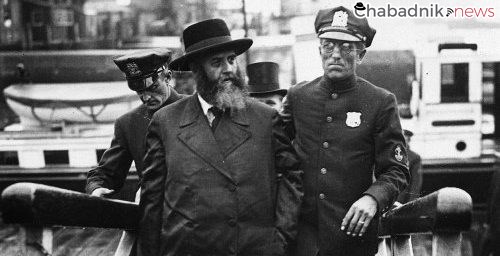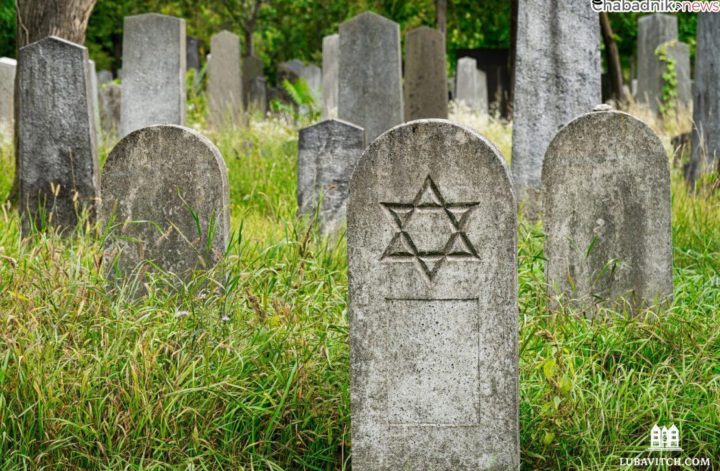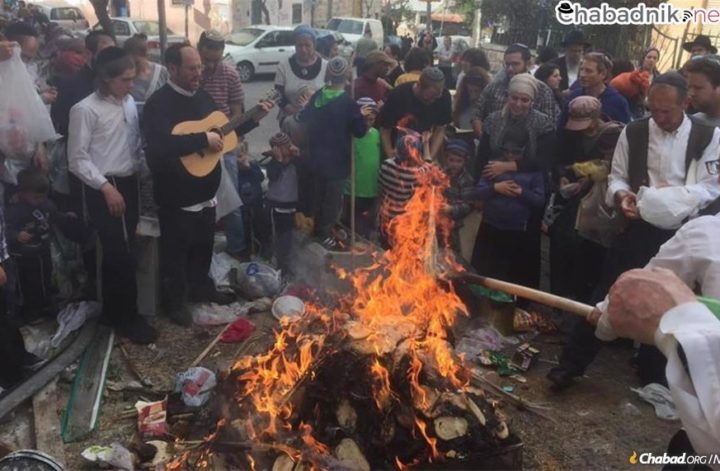
Ninety-four years ago today, Rabbi Joseph I. Schneersohn (1880-1950), sixth Lubavitcher Rebbe, and the leader of Russian Jewry at the time, was freed from Soviet-imposed exile.
The date was 12 Tammuz, corresponding to today’s date, which is celebrated widely by Chabad and Jewish communities as an important watershed in the history of Jewish life in Russia.
Rabbi Joseph I. Schneersohn was targeted by Soviet authorities for his activism on behalf of Jewish education and Jewish religious and communal life. He was the only Jewish leader who chose to remain in Russia following the communist revolution, and built a network of underground yeshivot and a Jewish support system that functioned clandestinely through all the years of communism.
At grave risk to himself and to his Chasidim, Rabbi Schneersohn thus kept the moribund embers of Jewish life alive. In 1927, he was arrested in his home in Leningrad, on accusations of counter-revolutionary activities. He was sentenced to three years in exile and sent to the isolated townlet of Kostroma in central Russia.
But his arrest and exile drew wide attention, and international pressure compelled Soviet authorities to commute his sentence shortly thereafter. He returned to Leningrad, but was forced to leave Russia, and later that fall, he arrived in Riga, Latvia, from where he continued his work for Russian Jewry.
The Rebbe later moved to Poland, where he opened a yeshiva that drew students from the United States. At the beginning of WWII, with the help of the U.S. government, he managed to escape Nazi Europe. He arrived to New York in 1940, where he relocated the headquarters of the world Lubavitch movement.
Rabbi Joseph I. Schneersohn is thus credited with planting the seeds for the current revival of Jewish life in Russia. Following the fall of communism in 1990, Chabad-Lubavitch opened the clandestine network established by Rabbi Joseph I. and nursed through the tenure of his son-in-law and successor, Rabbi Menachem Mendel Schneerson (1902-1994), finally resulting in the dramatic renaissance of Jewish religious life in the Former Soviet Union today.
WATCH the Rebbe describe the significance of the 12th of Tammuz to today’s times:
Source: https://www.lubavitch.com/remembering-the-struggle-for-russian-jewry/



